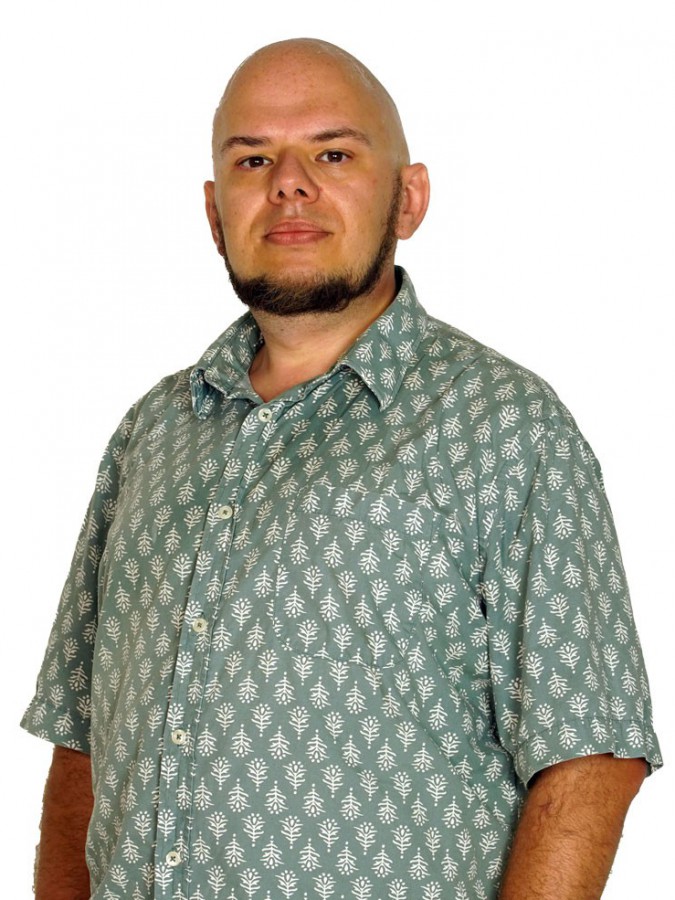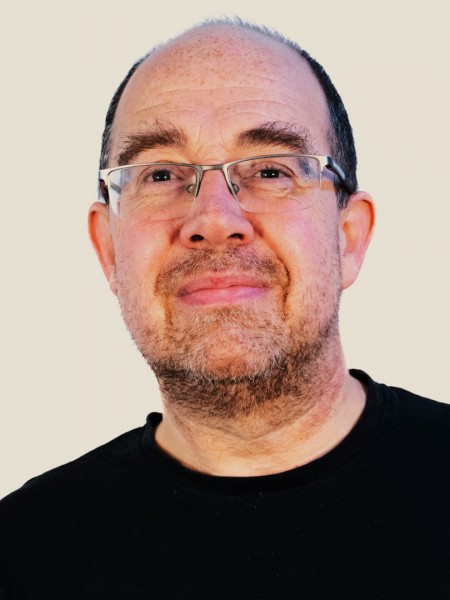resumo
A one-step procedure is reported for the synthesis of a crystalline magnetic covalent organic framework (COF) composite. While pre-functionalization of the solid substrate with a building block prior to COF growth is typically required to obtain a crystalline COF composite, our approach uses a sub-stoichiometric amount of the diamino building block during the COF synthesis. This allows for the anchoring of the excess aldehyde on the dopamine-functionalized magnetic nanoparticles to promote COF growth, giving access to crystalline magnetic COF composite in only one step. No losses in crystallinity or surface area were observed as compared to bulk material. The COF composite was successfully applied for the removal of okadaic acid from synthetic seawater, where the composite material showed adsorption efficiency comparable to that found for the bulk COF. In addition, the material was recyclable during at least three consecutive cycles of adsorption/desorption using 2-propanol as desorption solvent, with merely minor losses in adsorption capacity. This work opens new avenues for synthesizing crystalline COF composites through shorter and easier routes, saving costs of sorbent preparation, and reinforces the great promise of COF composites for application in seawater biotoxin monitoring.
palavras-chave
SOLID-PHASE EXTRACTION; CONSTRUCTION; MICROSPHERES; PERFORMANCE; ADSORBENTS; ENRICHMENT; MEMBRANE
categoria
Chemistry; Crystallography
autores
Romero, V; Fernandes, SPS; Gonçalves, LPL; Oliveira, O; Meledina, M; Strutynski, K; Melle-Franco, M; Kolen'ko, YV; Espiña, B; Salonen, LM
nossos autores
Projectos
Collaboratory for Emerging Technologies, CoLab (EMERGING TECHNOLOGIES)
Projeto de Investigação Exploratória: Manuel Melle (IF Manuel Melle)
CICECO - Aveiro Institute of Materials (UIDB/50011/2020)
CICECO - Aveiro Institute of Materials (UIDP/50011/2020)
Associated Laboratory CICECO-Aveiro Institute of Materials (LA/P/0006/2020)
agradecimentos
VR acknowledges Xunta de Galicia within the I2C postdoctoral program [grant number ED481D-2021-021]. SPSF acknowledges the FCT - Fundacao para a Ciencia e Tecnologia for the Ph.D. scholarship SFRH/BD/131791/2017. LMS acknowledges financial support from the Spanish Ministry of Science and Innovation through the Ramon y Cajal grant RYC2020-030414-I. Financial support through the EEA grant ATLANTICLAM (PT-INNOVATION-0097) is acknowledged. MMF and KS acknowledge support through the project IF/00894/2015 and within the scope of the project CICECO-Aveiro Institute of Materials, UIDB/50011/2020, UIDP/50011/2020 & LA/P/0006/2020, financed by national funds through the FCT/MEC (PIDDAC).



